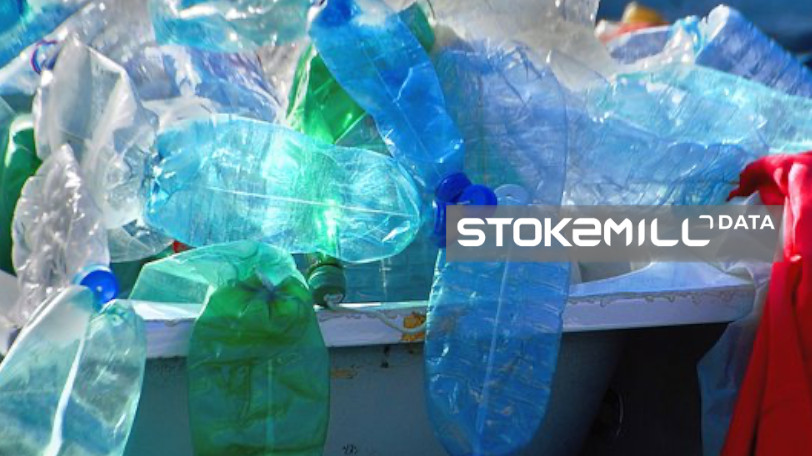Put differently, electrification doesn't mean refineries will give up on refining
For a refiner, oil that isn't refined into one product will be refined into another
For CAPEX-heavy industries such as petroleum downstream processing, production capacity usage has to be maintained at acceptable levels to sustain economic activity and support profitability. With such operational, economic and financial constraints in mind ROCE is a key metric used by managers, investors, analysts or competitors to assess profitability and capital efficiency. In practice capacity usage constraints mean that barrels of oil not refined into transport fuel will be processed into something else providing there's steady demand. Chemical precursors for the production of virgin plastics offer such promises going forward.
Plastic products may offer refiners a way out, but there's a catch
The OECD has projected a tripling in plastic consumption in 2060 from 2019 levels, which were estimated at 460 million tonnes. Of course OECD's model makes use of a number of variables other than a growing fleet of electric vehicles (EVs). As regards waste management the OECD estimates that only 9% of plastic waste was recycled in 2019, and although the OECD projects that number to go up to 17% in 2060, plastic waste is only predicted to get worse. In terms of waste management outcomes 6% of OECD average's collected plastic waste in 2019 was mismanaged & uncollected, 57% ended up on landfills, 29% was incinerated and 9% was recycled. As for non-OECD countries the respective estimates were 39%, 42%, 10% and 10%. In Sub-Saharan Africa the estimates were 64%, 30%, 1% and 6%. At a global level a shocking 22%, or just over one fifth of generated plastic waste was mismanaged and uncollected, 49% ended up on landfills, 19% was incinerated and 9% was recycled.
As plastic consumption rises globally, plastic pollution increases uncontrollably
The OECD report shows that the rise of global population and income drive the increase in the consumption of plastic used and discarded. Taxes and bans on single-use plastics exist in more than 100 countries but are not enough to curb overall pollution. Most regulations are limited to items like plastic bags, which make up a tiny share of plastic waste, and are more effective at reducing littering than curbing plastics consumption. Landfill and incineration taxes that incentivise recycling only exist in a minority of countries. And as the waste piles up, rates of recycling aren't enough to tackle the problem.
Increasingly polluted marine and aquatic environments reflect a growing problem
The OECD estimates that in 2019 alone, over 6 million tons of plastic waste ended up littering oceans, rivers and lakes. The sheer amount of waste endangers fragile marine ecosystems and of course threatens to disrupt human activities related to it, such as fishing or tourism. Young companies such as Plastic Fischer have emerged with innovative solutions to plastic litter.
EVs were meant to curb CO2 emissions, but it seems they're bringing more of the same
Electric vehicles in the wake of Tesla were meant to cut our addiction to gasoline and diesel, but they have also inadvertently helped to drive global plastic consumption as refiners follow the money. In addition charging batteries often mean having to rely on electricity grids dominated by coal and gas, such as in Germany or China, hence displacing air pollution from urban centres to rural environments. Furthermore, old batteries will end up on landfill while start-ups develop news ways to recycle their contents profitably. Finally the supply chains covering the production of batteries are far from carbon neutral.
Every problem has a solution, but scaling is often a brake
A number of cleantech companies have specialised in recycling batteries, with innovative firms such as Aceleron, Envirostream, Cylib or Tozero. But for the recycling of millions of electrical vehicle batteries, home battery units or electric scooter batteries scale will be needed.
Keywords: virgin plastics, plastic consumption, waste management, plastic waste, landfill, recycling, single-use plastics, gasoline, batteries, electricity grids, coal, gas, start-ups, carbon neutral, EV, electric vehicles, ICE, internal combustion engines


